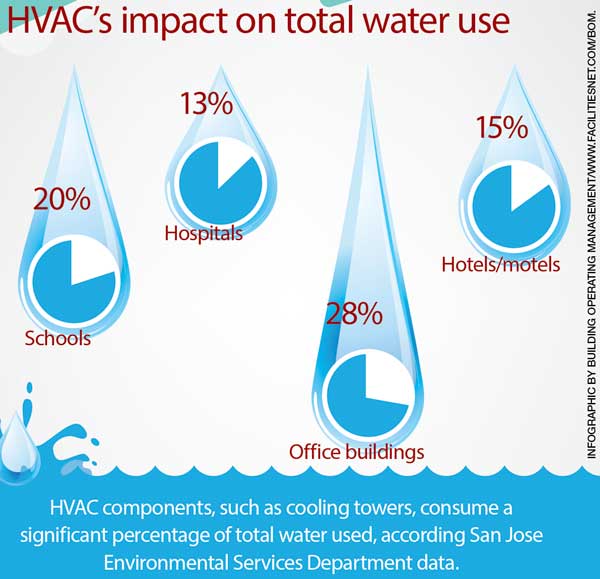Exploring The Environmental Benefits Of Heat Pumps - A Lasting Heating Remedy
Exploring The Environmental Benefits Of Heat Pumps - A Lasting Heating Remedy
Blog Article
Content Writer-Cox Otto
In an era where sustainability and power effectiveness are paramount, numerous companies look for environment-friendly heating solutions. One such remedy is the heatpump.
A heatpump draws out the warm in its environments and pumps it into your home, leading to among one of the most efficient environmentally friendly main heating unit around. This process also produces absolutely no greenhouse gas exhausts, making it a highly sustainable technology.
Energy Efficiency
Heat pumps are really power reliable and call for little maintenance. They make use of less electrical power than various other heating systems and are without a doubt the most environmentally friendly. They work well with roof solar and can typically pay for themselves in utility cost savings alone.
They can additionally give cooling, which is wonderful for garage workshops, attic room hangouts and bonus offer spaces, and home additions without expanding the existing ductwork. They can even be utilized for retrofits in existing homes with hydronic (water-based) circulation systems such as reduced temperature radiators or glowing floorings.
Try to find versions with SEER and HSPF rankings that satisfy or exceed Canada's minimum standards, as well as the standards in your area. Greater rankings indicate greater efficiency, which conserves you money in the long run and reduces your carbon footprint. You could even get approved for discounts and motivations! The most effective devices are those with a ground warmth exchanger for included performance. These systems can absorb thermal energy from the ground throughout the winter months and extract it in the summertime.
Reduced Greenhouse Gas Emissions
Heat pumps operate on electrical energy and basically move warmth from the air, even when it's cold outside. They are able to draw out the totally free warm trapped in air fragments and move them inside your home, reducing moisture while doing so.
Contrasted to gas heating systems, modern-day heat pumps make use of less than one kilowatt of electrical power per kilowatt of home heating power they generate. This makes them the most power efficient home heating alternative offered with a COP (Coefficient of Performance) of 4 or more. By lowering the requirement for nonrenewable fuel sources, heatpump help in reducing greenhouse gas exhausts and reduce various other major air toxins.
Structure decarbonization is a global necessary, and the HVAC sector is a vital vehicle driver of that process. Whether it's investor making net absolutely no commitments, policy makers setting discharges limitations, or renters demanding greener rooms, electric heat pumps are being acknowledged as a crucial option. They are a cost-efficient method to decrease carbon emissions by getting rid of the demand for fossil fuels in structures.
Flexibility
Heat pumps can be made use of in lots of kinds of homes and buildings-- with or without air ducts. They deal with hot-water radiators, air-conditioning and programmable thermostats. They can change heaters or be installed in brand-new homes. They can work on photovoltaic panels, geothermal systems or even area heating resources like wastewater.
They're wonderful at providing more heat per energy unit. For instance, an air-source heat pump produces approximately 3 or more heating units from each electrical energy unit it eats.
Getting one of the most from your heatpump will rely on your environment area and quality of insulation. Try to find airconditioning services near me with ENERGY celebrity scores and compare their SEER or HSPF specifications. In warmer climates, focus on SEER; in chillier areas, think about a system with a greater HSPF ranking. Furthermore, purchase air securing and insulation to minimize the tons on your heatpump. mouse click the following web site will certainly boost power effectiveness and assist you reach your Internet Zero goals faster.
Biomass Boilers
Biomass central heating boilers utilize wood pellets, chips or logs to develop warm and warm water. They are a great option for off-grid homes or those that want to get off the gas grid.
As a standalone heating system, biomass can give sufficient power to maintain your home warm all year round without the common warm drop off of other sustainable technologies. They can additionally be used in conjunction with solar panels to increase financial savings and benefit from RHI settlements.
A drawback of these systems is the in advance price and regular gas shipments. Commonly, pellets will require to be blown right into a gas shop making use of a vacuum system or they can be manually fed into the boiler through a hopper. Logs are commonly self-sourced from nearby woodland or purchased wholesale. Along with this, they require hand-operated loading and may require cleansing regularly.